
As a new or expectant mother receiving methadone treatment, it is crucial to understand how this medication may affect breastfeeding. Breastfeeding on methadone, a long-acting full opioid agonist, can be a challenging yet essential aspect of motherhood for those undergoing treatment for opioid use disorder (OUD) or those with opioid addiction.
In my experience as a paramedic, I encountered many expectant moms using methadone who hoped to breastfeed and on numerous occasions when they sought support to continue nursing their babies. Recognizing the benefits of breastfeeding, most healthcare professionals encourage and support breastfeeding while on methadone, with the strong recommendation that moms continue to receive proper care and assessment.
Part of this support involves making moms aware of the potential effects of the medication on their breast milk, as well as the possible need for dosing adjustments to ensure the safety of both them and their newborns.
This article aims to educate and provide evidence so that moms can make informed decisions as they embrace this new chapter in their lives. However, this article should not be seen as medical advice – mothers and users of methadone should seek guidance and individualized advice and care from their own healthcare providers.
- Breastfeeding on methadone can be beneficial for mothers undergoing treatment for opioid use disorder as long as proper care and assessment are provided.
- Methadone’s potential effects on breast milk and necessary dosing adjustments must be considered when breastfeeding.
- A harm reduction approach and guidance from healthcare professionals are essential for navigating the challenges of breastfeeding while on methadone treatment.
Methadone Dosing and Adjustments
For drug-dependent mothers, taking methadone during pregnancy and breastfeeding is a crucial aspect of treating opioid use disorder and ensuring a healthy outcome for both mother and child. Until 2001, the American Academy of Pediatrics (AAP) recommended that methadone use was suitable for breastfeeding for women taking less than 20 mg per day.
But considering most women on methadone maintenance therapy requires 50 to 150 mg of methadone per day, this needed to be re-evaluated to accommodate the average daily methadone ingestion of pregnant and lactating women.
Since then, split dosing and the monitoring of methadone concentrations have been studied to adjust doses in pregnancy better.
For pregnant moms with opioid use disorder, it is crucial to create a treatment plan during pregnancy – this may involve adjusting the daily dose of methadone or considering other medications like buprenorphine. An adjusted dose can make all the difference for the health and well-being of the mother and child.
Understanding the pharmacokinetics of methadone in pregnant women can be very complex, so the strategy must be specific and tailored to each individual case. Methadone concentrations can vary significantly – regular monitoring of these levels is essential to ensure optimal treatment outcomes.
Breastfeeding on Methadone Maintenance

Introducing a safe and effective treatment plan before conceiving a baby can help increase the chances of a healthy pregnancy. Many expectant mothers taking methadone during pregnancy worry about the safety of breastfeeding when their babies arrive.
The good news is that breastfeeding is generally encouraged for mothers on methadone treatment as long as no contraindications from other medications are present. The small amounts of methadone that might pass onto the infant through breast milk are typically considered safe.
However, precautions should be taken if the mother’s dosage is above 100 mg daily or if the infant was not exposed to methadone in utero.
Several research studies have demonstrated the safety of methadone distribution in breast milk. The concentrations of methadone in breast milk vary depending on the mother’s dose and the infant’s estimated milk intake.
- Maternal methadone doses ranging from 25 to 180 mg per day result in concentrations of about 27 to 260 ng/mL in breast milk. This leads to an average daily methadone ingestion of 0.05 mg by the baby, based on an estimation that a baby’s breast milk intake is approximately 500 mL per day. Researchers agree that this is a low amount.
- SAMHSA (Substance Abuse and Mental Health Services Administration) states that breastfeeding is the best option for women who are not HIV-positive and are on a methadone maintenance program.
- The four-week-old infant of a breastfeeding mother taking 45 mg of oral methadone a day had undetectable amounts of the medication in their bloodstream during the first four weeks of life. Read more about this study here: Drugs and Lactation Database.
- Another study involving eight methadone-maintained lactating women showed that even with doses as high as 105 mg per day, the levels of methadone in both foremilk and hindmilk were low. Read the article here: Methadone Maintenance and Breastfeeding in the Neonatal Period.
The studies support the recommendation for mothers to breastfeed their babies while on methadone maintenance therapy, but it is crucial for women in these programs to communicate with their healthcare providers about their breastfeeding intentions, receive appropriate prenatal care, and closely monitor their infants for any potential side effects. This is the best way to ensure the healthiest possible outcome for both them and their newborns. Consistent mindfulness meditation practice has been shown to have immense benefits for nursing mothers. Check out this post to learn more.
Benefits of Breastfeeding on Methadone for New Mothers

It is well-documented that breastfeeding offers numerous benefits for both mothers and their babies. For mothers taking methadone, breastfeeding can provide essential support and advantages during a critical period of substance recovery.
- Moms and babies: Breastfeeding encourages a strong bond between the mother and her newborn, creating a valuable support system during the recovery journey. This emotional connection is crucial for all mothers and none more so than those on methadone, as it promotes a sense of purpose and responsibility towards their baby’s well-being.
- Babies: The health benefits for breastfed babies are numerous and include a lower risk of diabetes, obesity, allergies, and asthma. They also possess a stronger immunity, which results in fewer illnesses like ear infections and respiratory problems.
- Moms: Breastfeeding reduces the risk of postpartum depression and can aid in postpartum weight loss. Each feed also releases oxytocin, a hormone that promotes relaxation and emotional well-being, which further contributes to the mother’s overall mental health.
One of the most significant advantages of breastfeeding for mothers on methadone is the potential reduction in neonatal abstinence syndrome (NAS) symptoms.
Neonatal Abstinence Syndrome (NAS) is a condition that affects babies born to mothers who used opioids during their pregnancy. These babies experience withdrawal symptoms shortly after birth, requiring close monitoring and care by pediatric professionals.
NAS can cause a range of symptoms, such as irritability, tremors, and difficulty feeding. Studies have shown that breastfeeding can help reduce the severity of NAS in infants born to mothers on methadone. Moreover, human breast milk itself is known to contain natural opioids, which may help provide relief for babies going through withdrawal.
In a retrospective study comparing methadone-exposed newborns who were breastfed to those who were formula-fed, it was found that the incidence of severe NAS requiring pharmacological intervention was significantly lower in breastfed infants (53%) compared to formula-fed infants (80%). This suggests that breastfeeding newborns may reduce the severity of withdrawal symptoms in methadone-exposed babies.
Infant Assessments and Care
When it comes to babies born to mothers taking methadone, there are several factors that need to be considered during the neonatal period of breastfeeding newborns. Proper assessment and care for both mother and baby are essential in promoting optimal health and development.
The American Academy of Pediatrics emphasizes the importance of assessing the newborn’s gestational age and maternal weight, as this can significantly impact the infant’s growth and overall health.
During the neonatal period, pediatric healthcare providers should note the baby’s growth and developmental milestones in relation to their gestational age. Infants born prematurely or at a low birth weight will likely need some adjustments.
Substance use, including the use of street drugs, can have a detrimental impact on infants and children exposed during their development. Mothers taking methadone need to be aware of the potential risks associated with using other drugs during pregnancy and breastfeeding.
It is essential to monitor the infant’s estimated milk intake and the methadone levels in the mother’s breast milk. This helps ensure that the baby is receiving an appropriate amount of nutrition while minimizing their exposure to methadone.
Pediatric child health professionals should also assess the infant for any signs of withdrawal or other adverse effects from methadone exposure. This allows for prompt intervention and support, contributing to better outcomes for the mother and baby.
Harm Reduction Approach
When it comes to breastfeeding while on methadone, adopting a harm-reduction approach is important for both the mother and the baby. By doing so, it ensures better health outcomes for the mother and the child.

Breastfeeding rates among mothers taking methadone can vary depending on other factors, such as institutional support and resources available. Providing proper information and guidance to mothers using methadone is crucial in encouraging and maintaining successful breastfeeding, ultimately benefiting their babies.
Breastfeeding mothers on methadone should be:
- Educated: Healthcare providers should provide accurate and up-to-date information on the potential risks and benefits of breastfeeding while taking methadone. This empowers the mother to make informed choices.
- Monitored: Regular check-ups with healthcare providers will allow for proper assessment of the baby’s growth and development while the mother is breastfeeding and taking methadone. This ensures any concerns are addressed promptly.
- Supported: Emotional and practical support from healthcare providers can greatly help a mother feel more confident in her ability to provide the best care for her baby. This may include referrals to support groups, counseling, or other resources.
A harm reduction approach for breastfeeding on methadone involves working closely with their care team and healthcare providers. By staying educated, monitored, and supported by a care team, mothers can make well-informed choices for themselves and their babies. In my experience, there are a multitude of support resources available for new moms who struggle with substance addictions.
Breastfeeding Challenges and Tips

Breastfeeding while on methadone can present some unique challenges for mothers, but it is important to remember that despite these, many benefits still exist. Breastfeeding rates are influenced by many concerns and challenges.
- The worry about the low concentrations of methadone transferring into the breast milk and affecting the baby. While it’s true that maternal methadone does pass into breast milk, the ingested amount is typically quite low. As outlined earlier in this article, breastfeeding is a viable option for moms as it is understood in most circumstances, the low concentrations of methadone in breast milk have minimal impact on the infant’s health.
- Concerns about the possibility of increased sleepiness or other symptoms in the baby due to the presence of methadone in breast milk. A legitimate concern – it is important to monitor the baby closely for any changes in behavior, such as excessive drowsiness, during the breastfeeding period. If this is observed, urgent contact with a healthcare professional is essential.
- Fears, barriers, and misconceptions about the compatibility of methadone with breastfeeding. The best way to overcome fear is education and information – the more a mom knows, the more she can feel confident in her decisions.
- Coordination with the mother’s treatment schedule. Mothers may have to face logistical challenges, like daily visits to a clinic for their methadone dose or concerns about maintaining privacy during these visits, especially if they are trying to breastfeed their baby. Ensuring she has a safe space to feed and express her concerns could make all the difference.
Find further breastfeeding tips here: 16 of the Best Breastfeeding Tips for Newborns: Master the Art of the Boob.
Conclusion
As a paramedic who has encountered numerous moms seeking to breastfeed while on methadone, I understand the importance of addressing their concerns and providing support. From my experience, I have witnessed and been inspired by the determination and hope in these moms as they navigate the challenges of both addiction treatment and motherhood.
The healthcare community, including the American Academy of Pediatrics, strongly encourages and supports breastfeeding while on methadone, recognizing its positive impact on maternal and pediatric health.
From my perspective, it is essential to educate these moms about the potential effects of methadone on breast milk and the importance of dose adjustments to ensure the safety of both mom and baby. I have seen firsthand the positive outcomes that can result from a harm-reduction approach and guidance from healthcare providers. Regular check-ups and close monitoring allow us to assess the baby’s growth and development, address any concerns promptly, and ensure optimal health for both mom and baby.
While there may be challenges along the way, such as concerns about methadone concentrations in breast milk or logistical issues with treatment schedules, I believe that with the right support, these moms can overcome these obstacles. By providing emotional and practical support, referring them to support groups and counseling, and equipping them with breastfeeding tips, we can empower these moms to confidently embrace the benefits of breastfeeding while on methadone.
I strongly advocate for breastfeeding on methadone as a viable option for moms in addiction treatment. By working together, we can provide the necessary support, guidance, and resources to ensure the health and well-being of both these moms and their precious babies. For more information on parenting and addiction, check out this post.
- Methadone and Breastfeeding – MGH Center for Women’s Mental Health
- Treatment for Opioid Use Disorder Before, During, and After Pregnancy
- What is Methadone? | SAMHSA
- Can I Breastfeed While on Methadone Maintenance?
- Methadone – Drugs and Lactation Database (LactMed) – NCBI Bookshelf
- Methadone Maintenance and Breastfeeding in the Neonatal Period
- MGH Center for Women’s Mental Health
FAQ’s
Q: Can I breastfeed and feed on methadone?
A: Yes, women taking methadone can breastfeed with appropriate support from healthcare providers.
Q: What happens to a baby when the mother is on methadone?
A: Babies born to mothers on methadone may have opiate exposure but can be supported through breastfeeding and their healthcare provider.
Q: Do babies withdraw from methadone?
A: Babies may experience withdrawal symptoms from methadone, but breastfeeding can help mitigate the withdrawal effects.
Q: Can mom be on methadone during pregnancy?
A: Methadone can be used during pregnancy with dose restrictions and monitoring for the best outcomes in maternal and child health.
About the Author

Katie McCann, a Psychology BSc graduate, breastfeeding counselor, paramedic, and entrepreneur, balances her roles as a mother of two and a wife. Her passion lies in empowering women through breastfeeding education. She shares insights on pregnancy, postpartum, emergency care, parenting, health, and successful entrepreneurship as a stay-at-home mom. Her blog offers valuable parenting advice, product recommendations, and resources to ensure family health and safety.
Website: frombumptobubble.com
More Resources
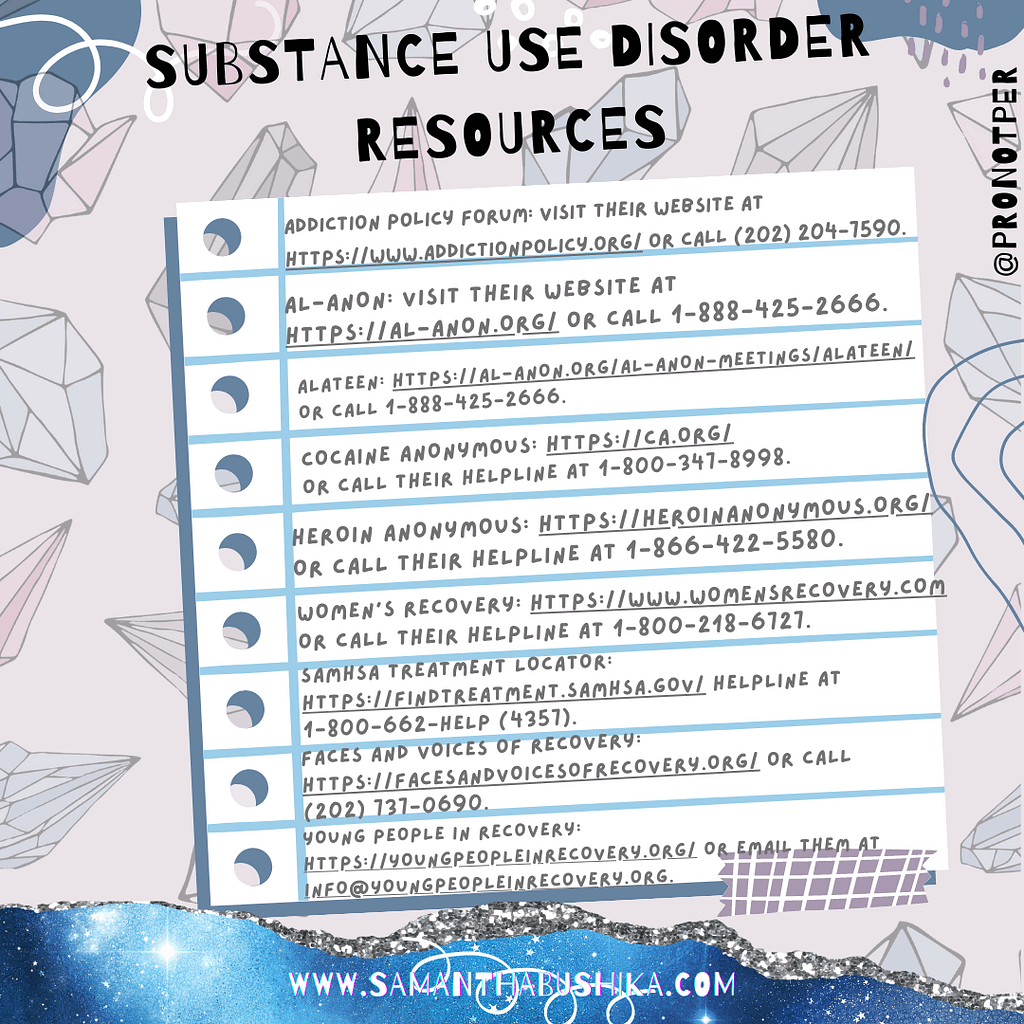

Let’s Connect
Be Sure to Follow PNP on All the Channels
Please Support My Work if Your Able
Make a one-time donation
Make a monthly donation
Make a yearly donation
Choose an amount
Or enter a custom amount
Your contribution is appreciated.
Your contribution is appreciated.
Your contribution is appreciated.
DonateDonate monthlyDonate yearly(c) 2023 Progressing Not Perfecting, LLC


















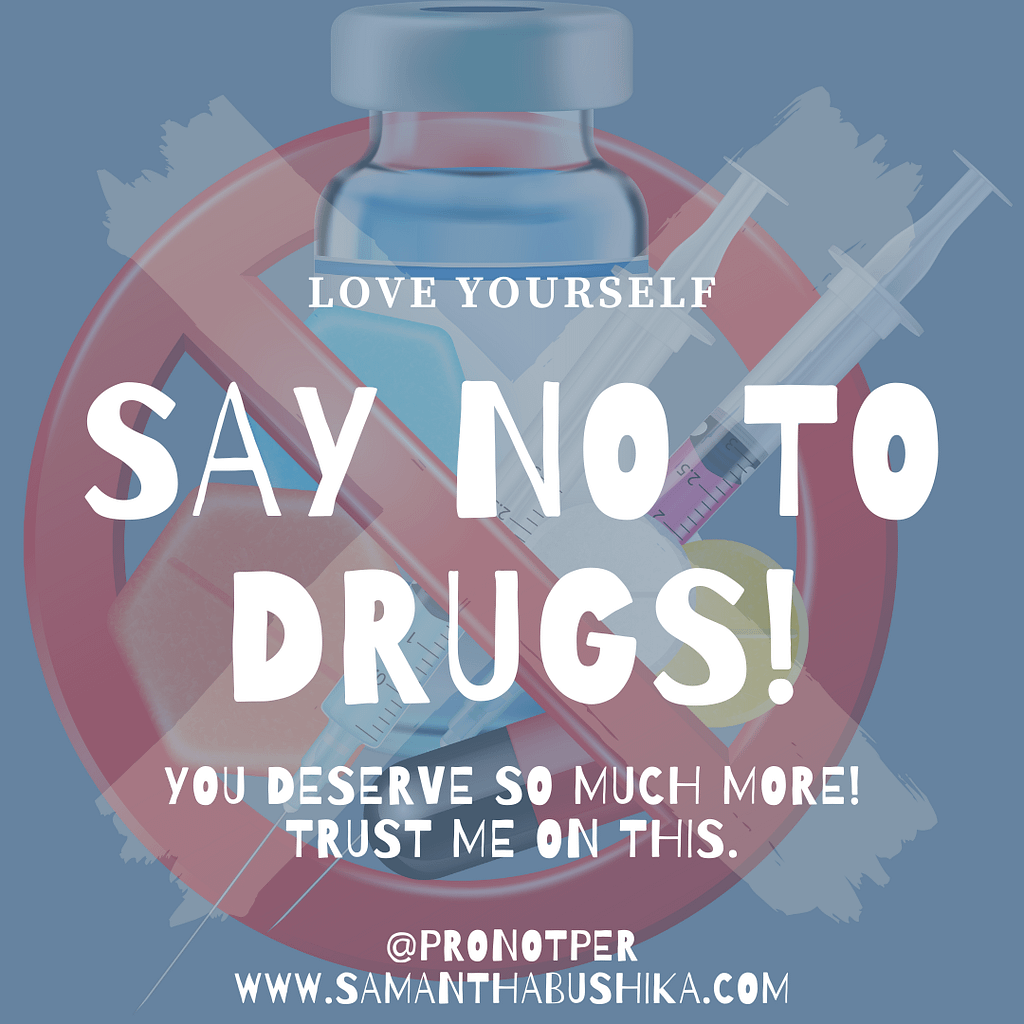











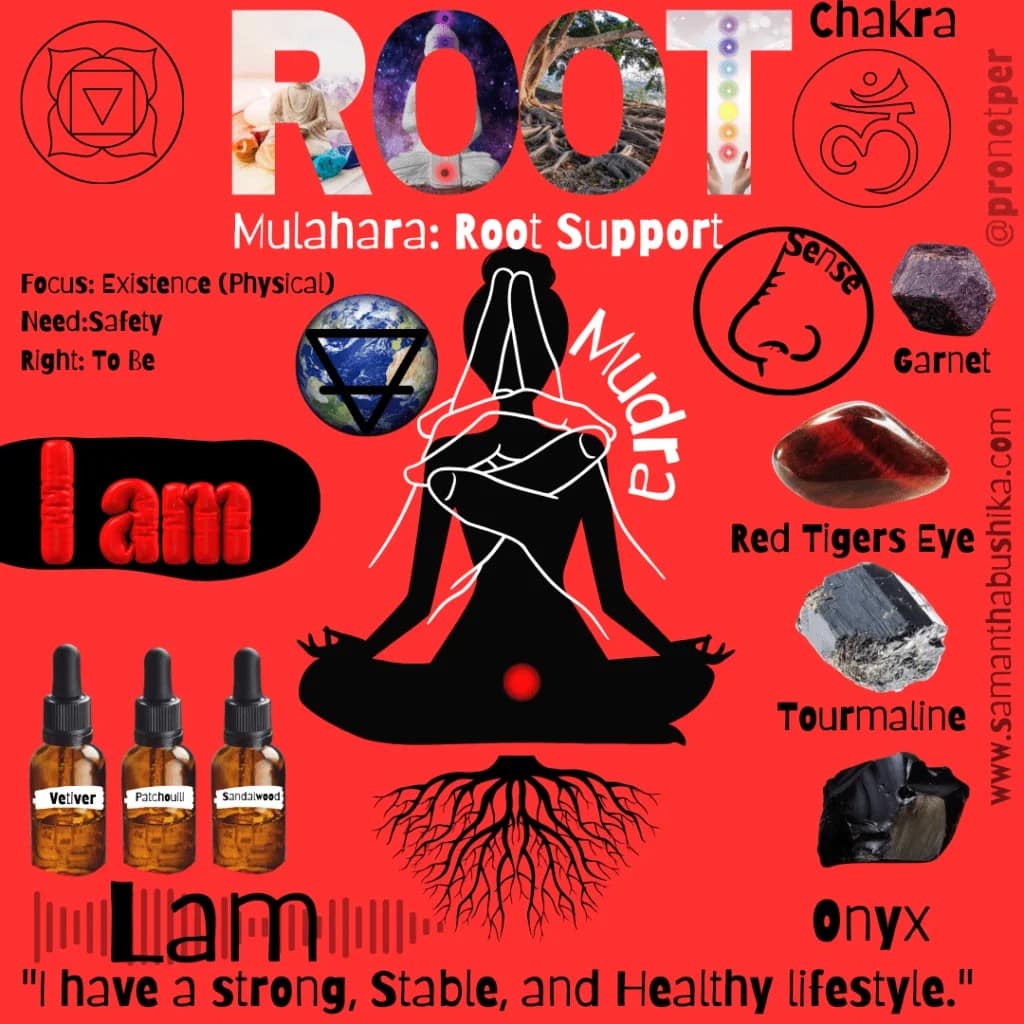






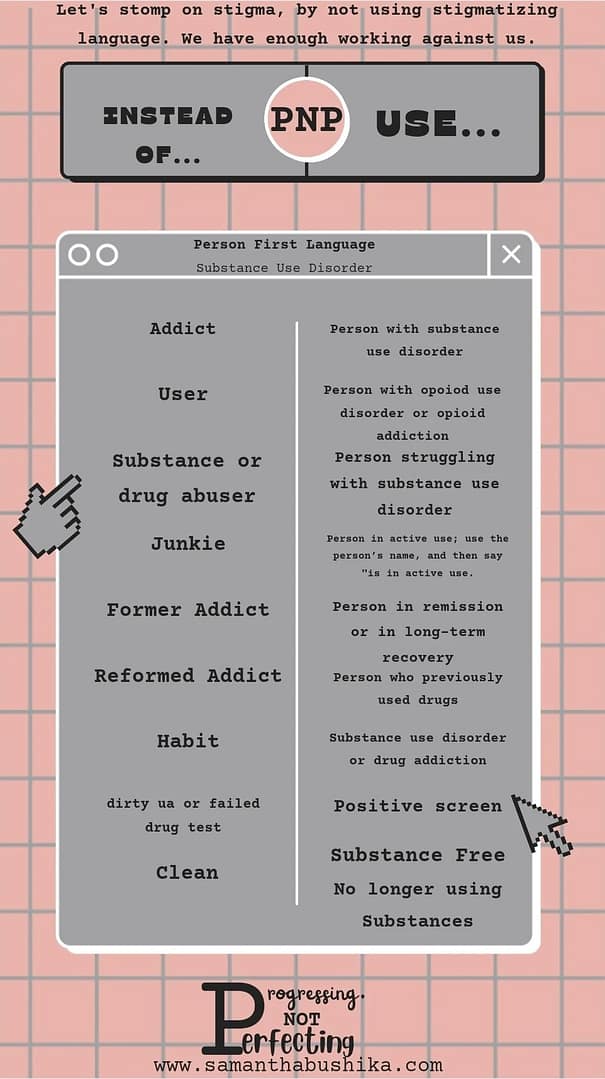


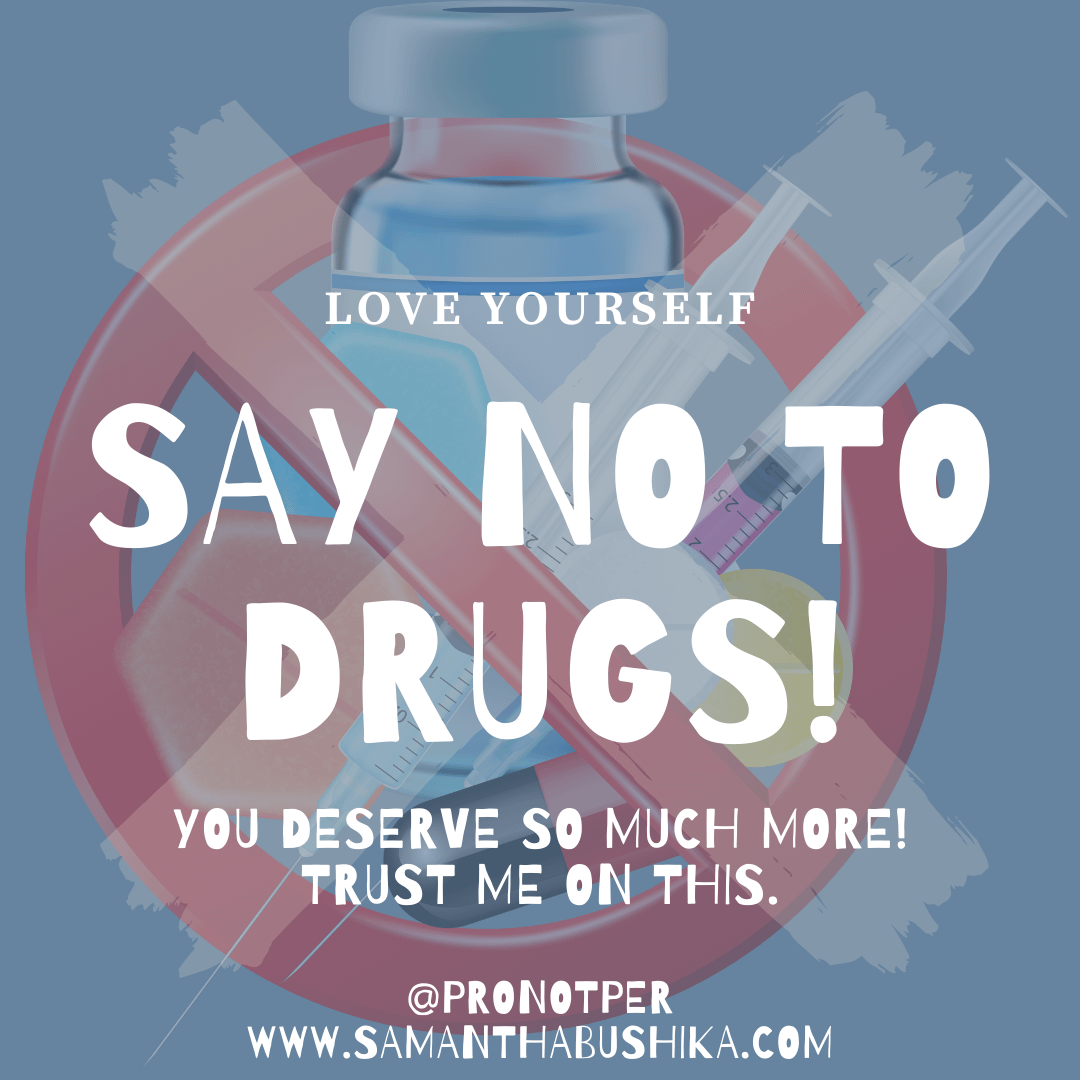


























Thanks for sharing. I read many of your blog posts, cool, your blog is very good.
Thank you for your sharing. I am worried that I lack creative ideas. It is your article that makes me full of hope. Thank you. But, I have a question, can you help me?
Whats that?